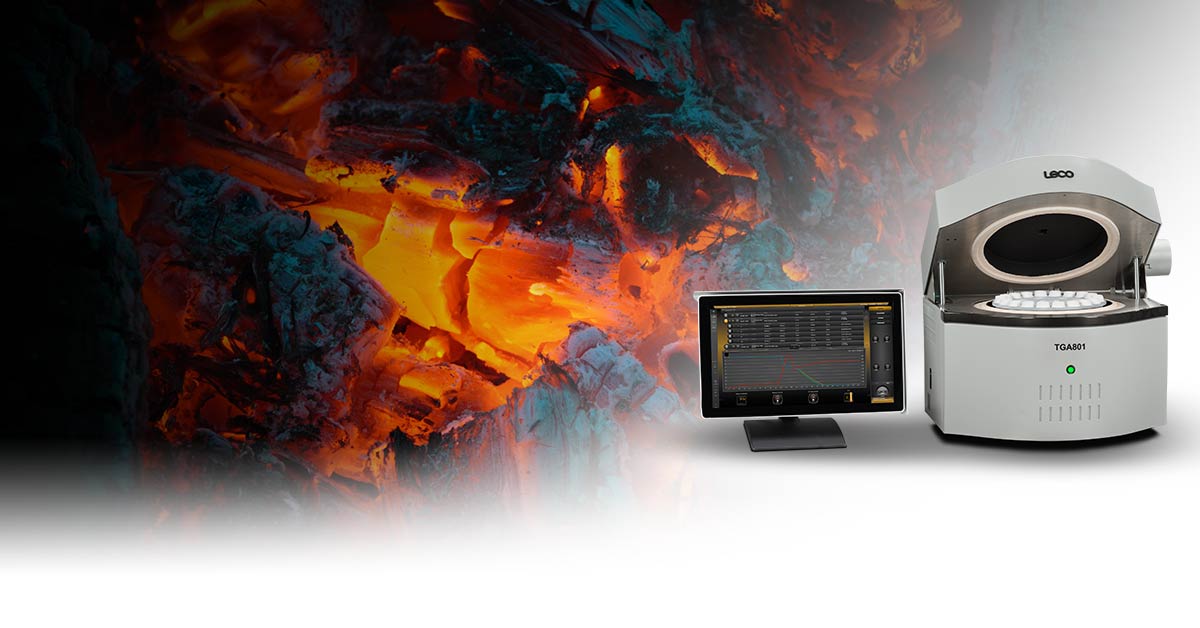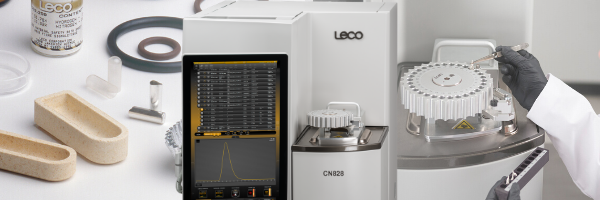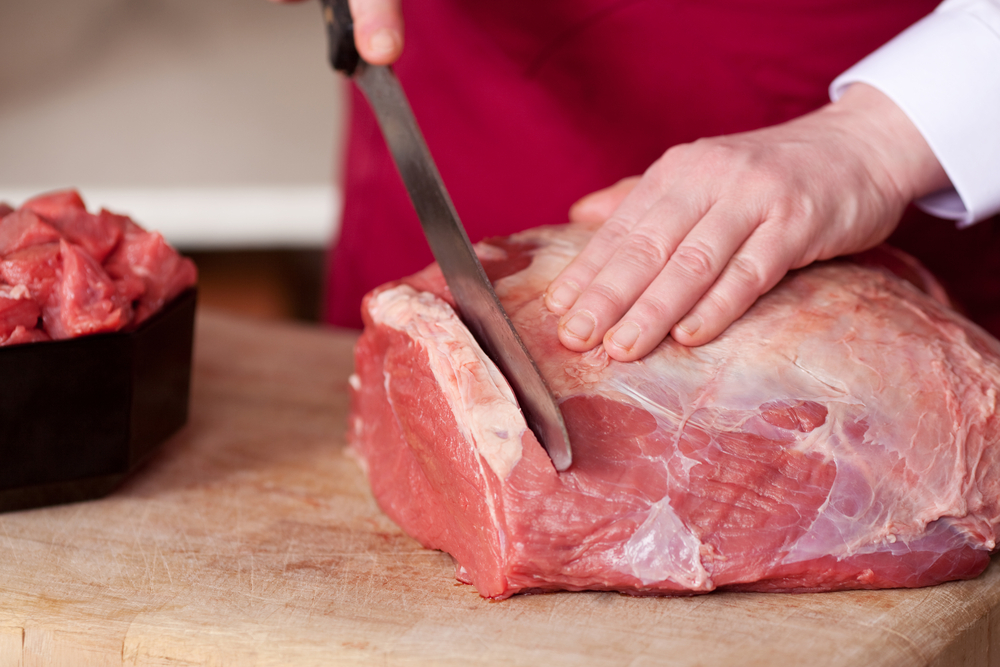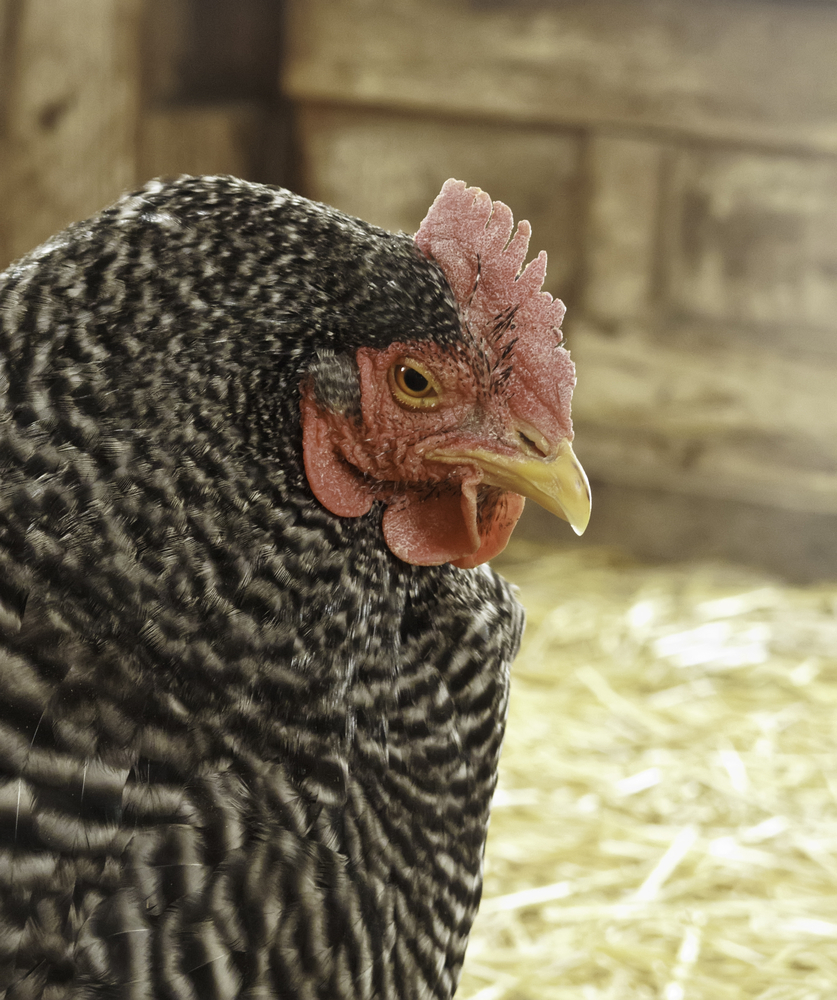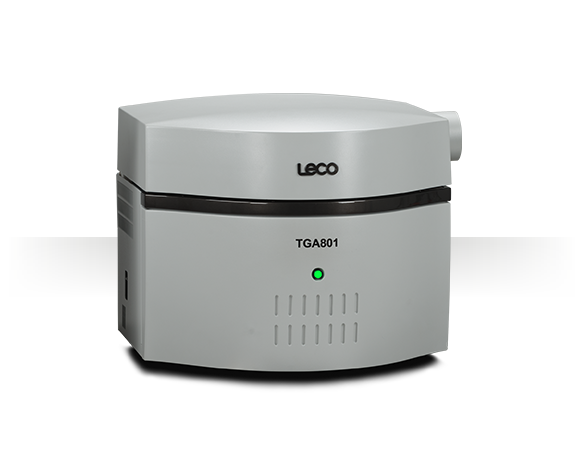When the Kaunis Iron Mine opened in Sweden, it was the newest in one of Sweden's biggest industries. The mine contracted with Degerfors Laboratory (D-LAB) for their iron analysis. Before analysis could be run on the samples, however, the ore had to be dried and moisture levels measured. D-LAB had a problem: their current moisture determination methods used a manual balance that could only handle one sample at a time, requiring a technician's attention every five minutes. The ISO 3087:2020 method used was also a problem, as a single run could take more than 5 hours to complete. The lab turned to LECO for a solution.
Read More…LECO Australia organic posts (Page 1 of 7)
Topics: Organic, TGM800, Thermogravimetric Analysis
Coal and other biofuels are no different from every other substance that can be bought and sold: the quality of the material plays a huge role in the determination of the price. With coal and other solid fuels, the amount of volatile matter is the main factor in quality, as this determines the burning rates of the fuel. While the volatile matter value does rely on the type of fuel and moisture content of said fuel being tested, it also varies based on the heating rates used in the tests to determine the value.
Read More…Topics: Moisture, Organic, Standards, TGA801, Thermogravimetric Analysis, Analytical
Over the last thirty years, the Dumas combustion method for analyzing protein content in food has been gaining popularity against the classic Kjeldahl wet chemical digestion and titration method. The Dumas method has several advantages over the Kjeldahl method: it is much faster, with much lower operating costs, no real safety issues, and no toxic waste produced. However, there is a debate over which of the two main approaches to the Dumas method is better: a vertical or a horizontal combustion furnace.
Read More…As with all foodstuffs for human consumption, meat is highly regulated. Determining its makeup is essential to confirming a safe product. The faster regulatory analyses can be performed, the quicker you can confirm the quality of your product and maintain production speed.
Determining the moisture content of meat is one such analysis that helps identify the quality and safety of the meat in question. Moisture content can control the texture, taste, and microbial stability of the meat. It also determines the level of retained water, additive solutions for flavoring, and the leanness of meat.
Read More…Topics: Thermogravimetric Analysis, Moisture, Organic, TGM800
98% of the world's soybean meal is used as animal feed, principally as a protein supplement. With the importance of protein in animal growth and development, knowing what's in your soybean meal is vitally important. There is more to protein than the crude protein concentration number, however. If an animal can't digest the protein, if it isn't a 'soluble' protein, then it doesn't actually provide the nutritional value needed. LECO's FP828 is capable of both total and soluble protein analyses.
Read More…Topics: 828 Series, Organic
Running and maintaining a full analytical laboratory can be more cost than a company can afford, but what other options are there for a small business looking for quality control and regulatory compliance? Independent testing and consulting laboratories groups such as the Tentamus Group, can fill that gap. One of its laboratories, bilacon, specializes in the safety of food, feed, food supplements, and cosmetics.
In a recent interview with eFOOD-Lab International, Benjamin Ende, a state-certified food chemist with bilacon, talked about the benefits of LECO's TGA801 thermogravimetric analyzer in his lab's day-to-day operations.
Read More…So many factors go into the quality and characterization of plants and biomass, but many thermogravimetric analyses take so much time. Drying, ashing, and weighing multiple samples takes effort and care just to control for atmospheric effects, much less to actually get precise results that can then be used to analyze the quality and structure of the plants. LECO's TGA801 is an automated thermogravimetric analyzer designed to take the time out of the testing.
Read More…

